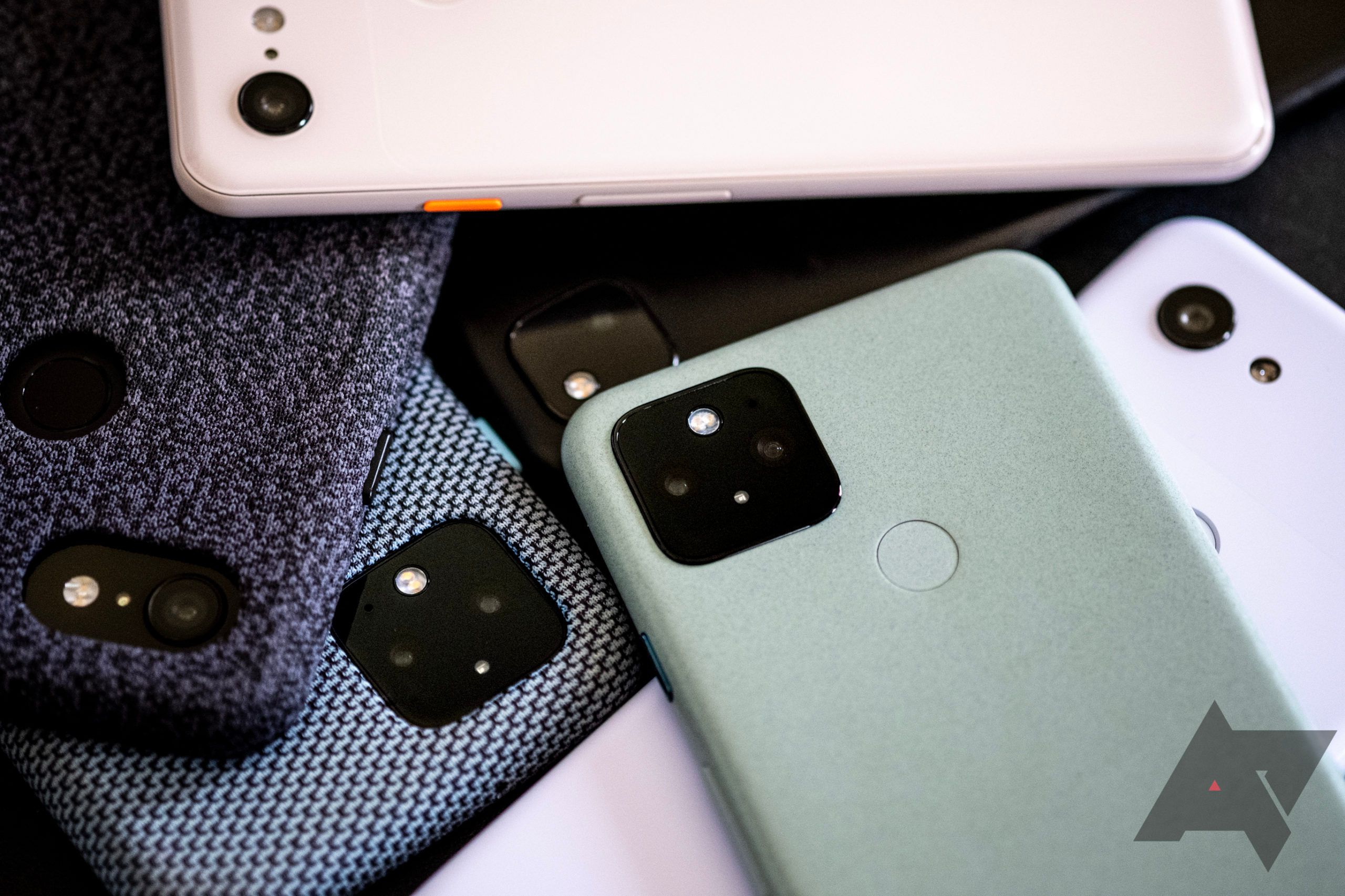It's no secret that Google is the world's largest advertising company. It's also clear which way the wind is blowing on ad trackers and cookies (even Google concedes the latter), and Apple has jumped out ahead of most other tech companies in proactively asking users of iOS products if they wish to disable personalized tracking entirely. As part of iOS 14, the company introduced a simple prompt for any app which wishes to track your activity for the purpose of advertising. And, unsurprisingly, the overwhelming majority people have taken Apple up on the opportunity, with over 95% of iOS users allegedly blocking ad tracking when asked by an app for permission.
Based on recent changes to an Android support document, Google wants to pay lip service to Apple's strong anti-tracking stance, but simply isn't willing to take the one necessary step to getting there: actually telling users about it. Later this year, an update to Google Play Services will roll out to Android 12 devices that will simply erase your unique advertiser ID if you choose in your Google settings to opt out of personalized ads (a long-standing setting), such that any app requesting this ID will instead just receive a string of zeros. In 2022, this update to Play Services will roll out to all Android devices. Previously, simply opting out of interest-based tracking wouldn't necessarily stop apps who chose to violate Play Developer guidelines and grab the ID anyway, even if it meant they risked banishment from Google's lucrative ad platforms. With this Play Services change, those days are at an end.
App developers have been notoriously sketchy when it comes to tracking users for advertising, collecting things like MAC addresses or IMEIs when another unique identifier can't be found (something Google cracked down on in Android 10). With this latest change, Google is telling developers that if they choose to disrespect user choice about ad tracking, they'll just get junk data. That's an improvement, certainly, but one which dances around the larger issue of awareness and consent when it comes to personalized ad tracking. It's clear Google wants to send the message that they're becoming more serious about respecting the demands of users for enhanced privacy — this change will make it such that there are now actually teeth to that toggle. But the actual number of people aware that toggle even exists almost definitely remains microscopic.
It's clearer and clearer with each passing year that people simply don't like the idea of their apps following them around their phones and that, given the choice, the overwhelming majority are going to say "no" to any kind of ad tracking when prompted (for example, we know if you're reading this article on a PC, you're likely using an ad blocker). The data on personalized ads is, at best, murky — some studies have shown that the difference between targeted and non-targeted ad performance is so trivial as to be materially irrelevant to content publishers (like us). Advertisers, of course, argue that the importance of tailored ads is all about showing people things they actually care about and are more likely to engage with positively, versus a broadly-targeted and "annoying" smorgasbord (you know, as opposed to ads you... enjoy?) based on macro factors like where vaguely in the world you are and which platform and device you use.
Google may be inching closer to actually doing something about in-app ad tracking on Android, but until it actually goes out of its way to tell people "Hey, this app wants to track you Because Ads," any such change feels largely performative.

